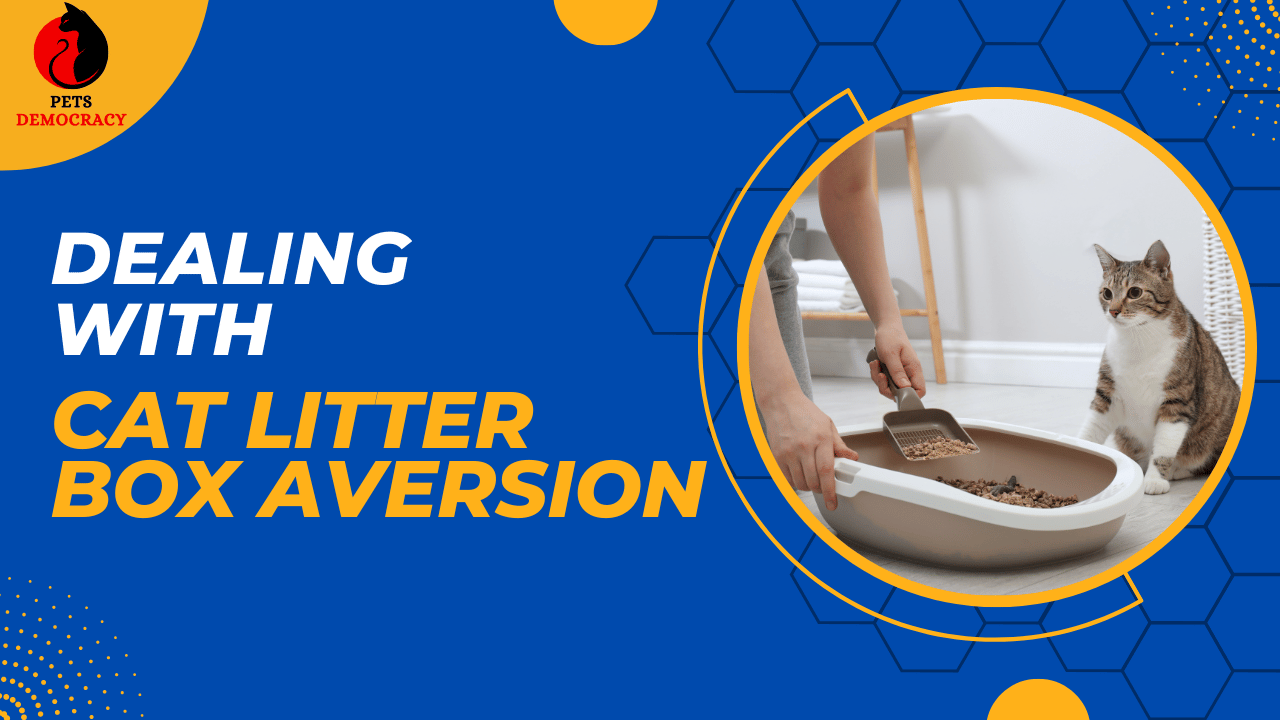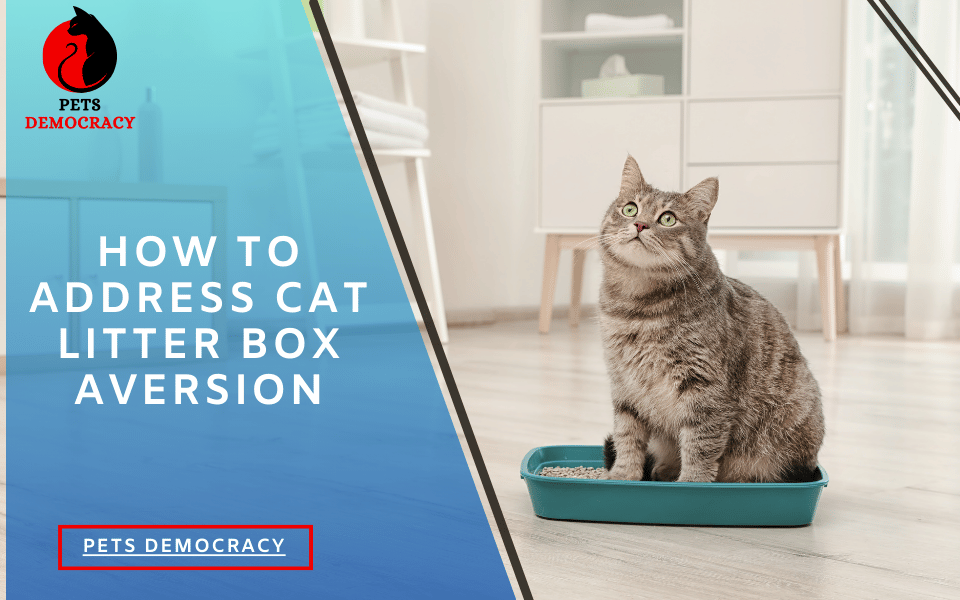
In this comprehensive guide, we will explore the causes, solutions, and preventive measures for cat litter box aversion.
Dealing with cat litter box aversion can be a challenging experience for cat owners. When your feline friend suddenly refuses to use their litter box, it can lead to frustration and confusion.
Understanding the reasons behind this behavior and implementing effective strategies can help resolve the issue and restore harmony in your home.
Understanding Cat Litter Box Aversion
Cat litter box aversion is a common problem where cats avoid using their litter boxes and instead eliminate outside of them.
This behavior can be due to various reasons, including medical issues, environmental changes, or stress. Recognizing the signs and underlying causes is the first step in addressing this issue.
Common Causes of Cat Litter Box Aversion
- Medical Issues: Health problems such as urinary tract infections, kidney disease, or arthritis can cause discomfort, making it painful for cats to use their litter box. A visit to the veterinarian is crucial to rule out any medical conditions.
- Dirty Litter Box: Cats are clean animals and prefer a clean litter box. If the box is not cleaned regularly, they may seek alternative places to eliminate.
- Litter Type and Box Preferences: Some cats are particular about the type of litter or the design of the litter box. Switching to a different litter or box can sometimes trigger aversion.
- Stress and Anxiety: Changes in the household, such as new pets, moving, or a new baby, can cause stress and lead to litter box avoidance.
- Improper Location: The location of the litter box plays a significant role. If it is placed in a noisy, high-traffic area, or is difficult to access, cats may avoid it.
How to Address Cat Litter Box Aversion

Medical Interventions
Consult a Veterinarian
If your cat suddenly develops litter box aversion, a thorough veterinary check-up is essential. Medical conditions can be the root cause, and treating these can often resolve the issue.
Maintain a Clean Litter Box
Regular Cleaning
Ensure that the litter box is cleaned daily. Remove waste and clumps to keep the litter fresh. A clean box encourages cats to use it consistently.
Proper Litter Box Hygiene
Disinfect the litter box weekly using mild soap and water. Avoid strong-smelling chemicals that can deter your cat from using the box.
Choosing the Right Litter and Box
Experiment with Litter Types
Cats have preferences for certain types of litter. Try different types such as clumping, non-clumping, or natural litters to see which one your cat prefers.
Optimal Litter Box Size and Design
The litter box should be large enough for your cat to move around comfortably. Covered boxes may provide privacy but can also trap odors. Observe your cat’s behavior to determine the best option.
Reducing Stress and Anxiety
Create a Calm Environment
Minimize changes in your cat’s environment. Provide a calm, comfortable location where they can retreat if they feel stressed.
Gradual Introductions to Changes
When introducing new pets or making significant changes in the household, do so gradually. Allow your cat time to adjust to new circumstances.
Optimal Litter Box Placement
Quiet and Accessible Locations
Place the litter box in a quiet, low-traffic area that is easily accessible to your cat. Avoid locations near loud appliances or in busy areas of the home.
Multiple Litter Boxes
For multi-cat households, provide multiple litter boxes in different locations. This reduces competition and ensures each cat has access to a box.
Preventing Future Cat Litter Box Aversion

Monitor Your Cat’s Health
Regular veterinary check-ups can help catch any health issues early, preventing potential litter box aversion.
Consistent Cleaning Routine
Maintain a consistent cleaning routine for the litter box. Cleanliness is crucial to encourage regular use.
Pay Attention to Behavior Changes
Pay attention to any behavioral changes your cat may have made. Early intervention can prevent litter box aversion from becoming a persistent issue.
FAQs About Cat Litter Box Aversion
What are the first steps to take when dealing with cat litter box aversion?
The first steps include scheduling a veterinary appointment to rule out medical issues, ensuring the litter box is clean, and considering any recent changes in the household that may have caused stress.
How often should I clean the litter box to prevent aversion?
The litter box should be scooped daily and thoroughly cleaned with soap and water weekly. Maintaining a clean environment is crucial for preventing aversion.
Can changing the type of litter help with cat litter box aversion?
Yes, switching to a different type of litter can help. Some cats are sensitive to certain textures or scents, so experimenting with different types may resolve the issue.
How many litter boxes should I have if I have multiple cats?
A general rule is to have one litter box per cat plus one extra. For example, if you have two cats, you should have three litter boxes.
Conclusion
Dealing with cat litter box aversion can be a frustrating experience, but understanding the causes and implementing effective strategies can help resolve the issue.
By ensuring a clean, stress-free environment, providing the right type of litter and box, and addressing any medical concerns, you can encourage your cat to return to their litter box.
Regular monitoring and early intervention are key to preventing future aversion and maintaining a happy, healthy relationship with your feline friend.


